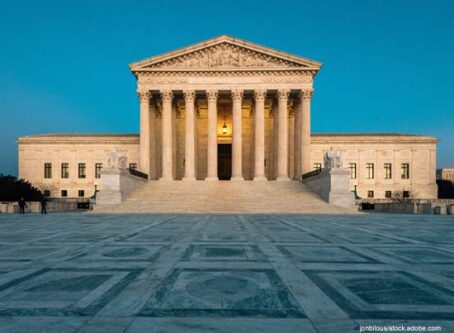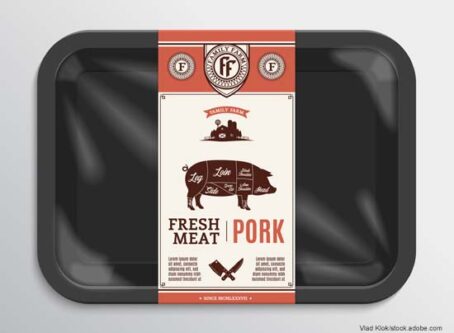New Prime denied arbitration again in wage lawsuit
New Prime’s latest in a series of attempts to compel arbitration of claims in a class action wage lawsuit was denied.
Last week, a Massachusetts District Court denied the Springfield, Mo.-based trucking company’s motion to compel arbitration of the opt-in plaintiffs’ claims, saying it had waived its right under Missouri law. The court also asserted that New Prime was dragging the case out, saying that the trucking company’s “conduct reflects dilatory litigation tactics at their worst.”
It was New Prime’s fourth attempt to arbitrate a case that was originally filed by truck driver Dominic Oliveira in March 2015. The class action lawsuit claims that the trucking company misclassified employees as independent contractors and that it violated the Fair Labor Standards Act and the Missouri minimum wage.
Case history
In June 2015, New Prime moved to compel arbitration of Oliveira’s claims under the Federal Arbitration Act. The district court denied New Prime’s motion. Then the trucking company lost appeals in the First Circuit and to the U.S. Supreme Court.
“Now, it wants a fourth bite of the arbitration apple,” the district court wrote. “Three-and-a-half years after this case was filed, New Prime moves under Missouri law to compel arbitration of the claims of several plaintiffs who recently opted into this case pursuant to the Fair Labor Standards Act.”
New Prime argued that it hadn’t waived its right to arbitration under Missouri law with respect to the new opt-in plaintiffs and that any state-law challenges to its arbitration agreements with the opt-in plaintiffs must be resolved by an arbitrator.
“New Prime had notice from the start of this case that it was being pursued as a putative class and collective action, and that it had the potential right to compel arbitration under both federal and state law,” the district court wrote. “Nevertheless, New Prime ‘substantially invoked the litigation machinery’ by pursuing the federal path for two years before moving to compel arbitration under the Missouri Uniform Arbitration Act.”
‘Unnecessary time and expense’
The court wrote that New Prime’s inefficient approach to the case has been detrimental to the plaintiffs.
“New Prime spent more than four years litigating a threshold issue regarding arbitration under the Federal Arbitration Act,” the district court wrote. “A timely motion to compel arbitration under the MUAA could have saved the plaintiffs, including the opt-in plaintiffs, and the court unnecessary time and expense. But New Prime chose not to invoke the MUAA until it faced a potential loss on the Federal Arbitration Act issue in the Supreme Court. Meanwhile, the drivers, who may have earned negative weekly pay to improper deductions, have not received relief.
“Defendant’s conduct reflects dilatory litigation tactics at their worst by preventing the timely resolution of an important dispute about the payment of minimum wages.”
According to Oliveira’s claims, New Prime paid him less than minimum wage and that deductions for fuel and lease payments on the truck occasionally left him owing money at the end of the pay period.
“Literally, there were some weeks when Dominic had to pay New Prime for the privilege of driving for the company,” Jennifer Bennett, an attorney for Oliveira, told Land Line earlier this year.









